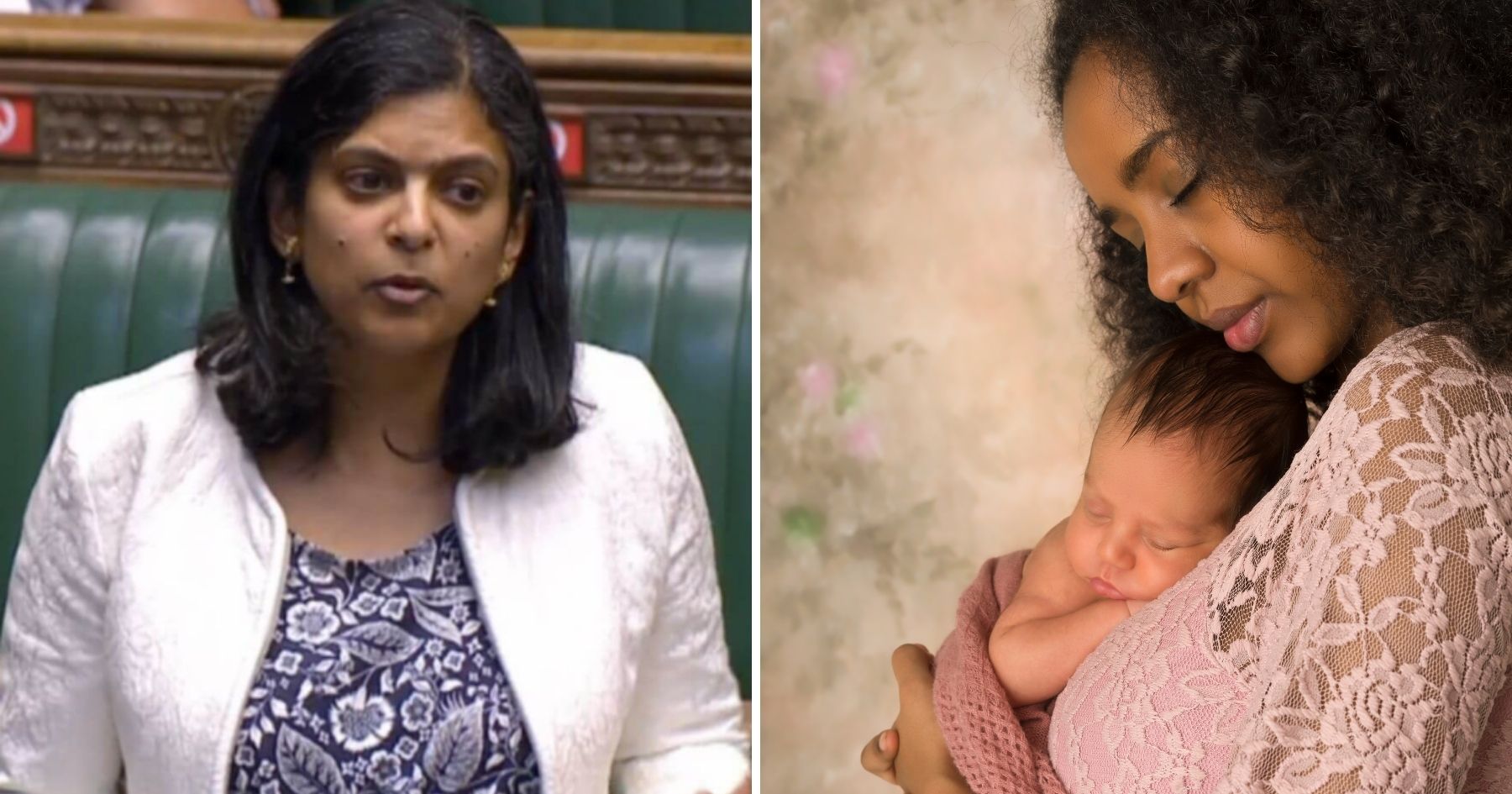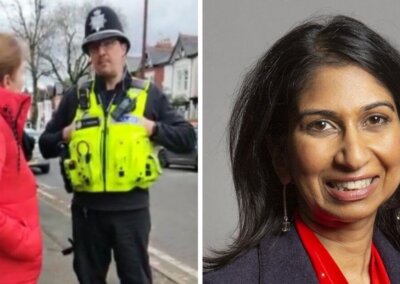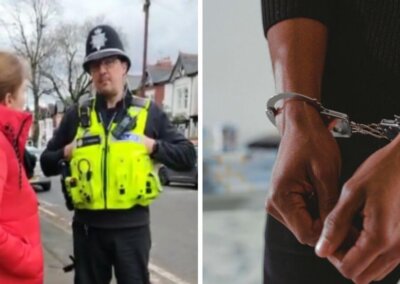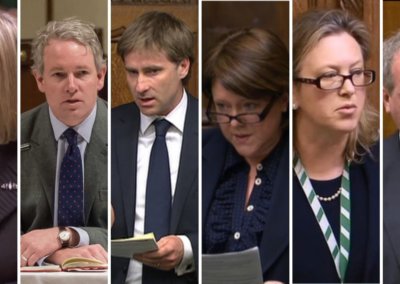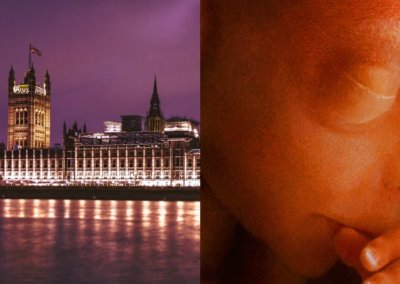Dr Rupa Huq MP’s amendment to the Police, Crime, Sentencing and Courts Bill that would introduce censorship zones around abortion clinics nationwide has today been withdrawn.
If passed, this amendment would not only prevent and criminalise the offering of practical and emotional support to women entering abortion clinics across England and Wales, but would threaten anyone implicated in such activities as liable for a prison sentence of up to two years.
While the amendment was withdrawn and not voted on at Committee Stage, it is expected to be tabled again at the upcoming Report Stage of the Bill.
Huq previously attempted to introduce a similar Bill through the Commons, but it failed to pass after its Second Reading last September. While that Bill had a low chance of becoming law, this amendment, if passed as part of the Police, Crime, Sentencing and Courts Bill, has a much higher chance of becoming law.
A threat to fundamental rights
Victoria Atkins MP, Parliamentary Under-Secretary of State for Safeguarding said that the Government had ‘kept this issue under very close review over the last few years’. She also explained that, unlike the wider issue of abortion, the Government did not consider this amendment to be a ‘matter of conscience’ and were therefore prepared to whip against it.
She also emphasised that the “Government has to have a proportionate response,” given that, according to service providers, only 35 of 142 abortion clinics and 5 hospitals are currently or recently have been “affected” by protests.
“This is why we are concerned that a blanket ban across all of the service providers may not be proportionate given that the majority of clinics and the overwhelming majority of hospitals that provide these services do not appear thus far to be affected by protest”. She suggested that local PSPOs (Public Space Protection Orders) were “the way forward”.
Robert Goodwill MP intervened, asking: “Would it be the case that, when an abortion clinic is in a general hospital, this could unintentionally stop people protesting say, against the closure of a ward or a service or even trade unionists protesting about a particular aspect of their employment rights?”
The Minister responded: “The Right Honourable Gentleman raises an important point. This is why we have to look so very carefully at the universality of the measures put forward by the Honorable Lady for Ealing and why we believe that PSPOs, as they are targetted and indeed have since been upheld by the Court of Appeal, seem to be, at the moment, the most effective way of managing issues outside of particular providers”.
“We are concerned that subsection 3 of the new clause potentially includes medical practitioners and others from providing advice on abortion services within the confines of the buffer zones – in other words, within the clinic. And of course, nobody would want that to be an unintended consequence of this clause”.
She also agreed with Robert Goodwill MP that “Other forms of protest may be caught in this new clause” and that, consequently, “The government does not feel able to support this new clause”.
Unnecessary legislation
In 2017, former Home Secretary Amber Rudd launched a review into the scale and nature of pro-life vigils outside abortion clinics to establish if the Government would recommend the introduction of censorship zones. In the investigation, continued by the succeeding Home Secretary Sajid Javid, over 2,500 responded to a call for evidence, including abortion service providers, abortion service clients, those engaging in pro-life vigils, police forces and local authorities.
In 2018, Sajid Javid announced that the Home Office could not find adequate reason to introduce censorship zones, stating that: “…introducing national buffer zones would not be a proportionate response, considering the experiences of the majority of hospitals and clinics, and considering that the majority of activities are more passive in nature. In making my decision, I am also aware that legislation already exists to restrict protest activities that cause harm to others”.
Opposition to censorship zones
Opposition to censorship zones extends beyond pro-life advocates to unite a large part of society who may not agree with the pro-life position on abortion but who oppose censorship zones as a threat to freedom of speech.
Despite supporting abortion, a number of prominent human rights groups and campaigners have spoken out against the introduction of censorship zones. These include Peter Tatchell, the Manifesto Club, Big Brother Watch, Index on Censorship and the Freedom Association.
The Be Here for Me website highlights just a few of the many stories of women who have been helped by people outside abortion clinics, and the stories of women who could miss out on such support in the future.
A spokesperson for Right To Life UK, Catherine Robinson said: “Thank you to the large group of people that rallied over the last week to get friends and family to email MPs. It is great news that Huq’s amendment has been withdrawn from this Bill, for now. It is worded in such a way that it risks criminalising all forms of peaceful demonstration and offering of transparent advice on abortion by medical professionals themselves inside and within 150 metres of all abortion clinics. Existing laws already provide protections to prevent harassment if it is occurring, all this Bill would do is infringe upon the public’s right to assembly and speech”


